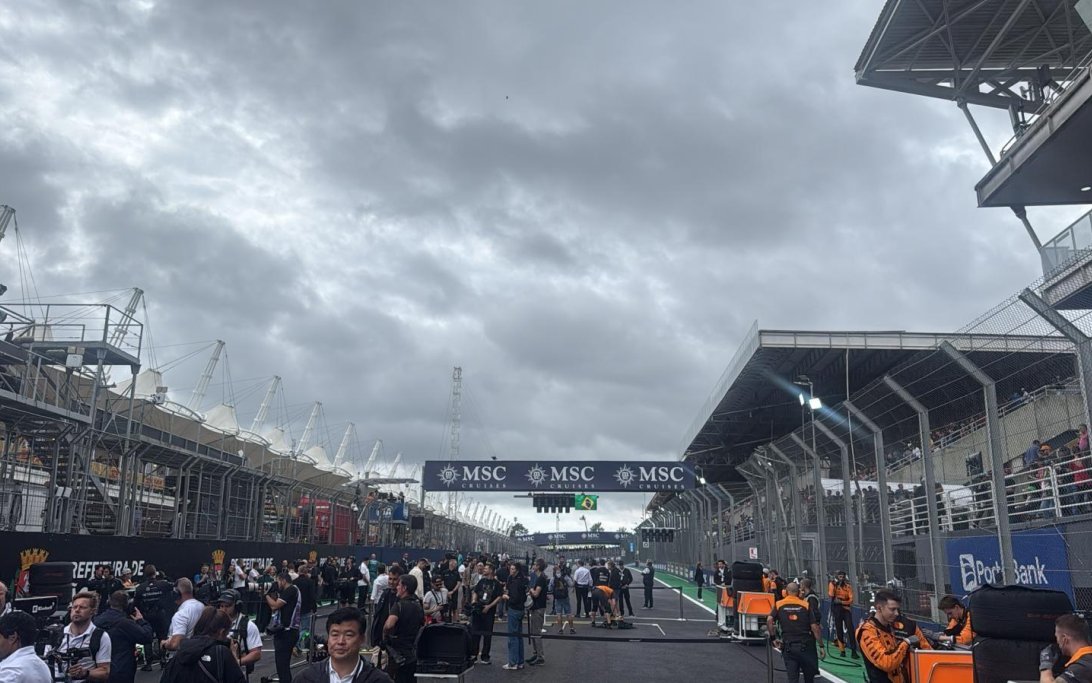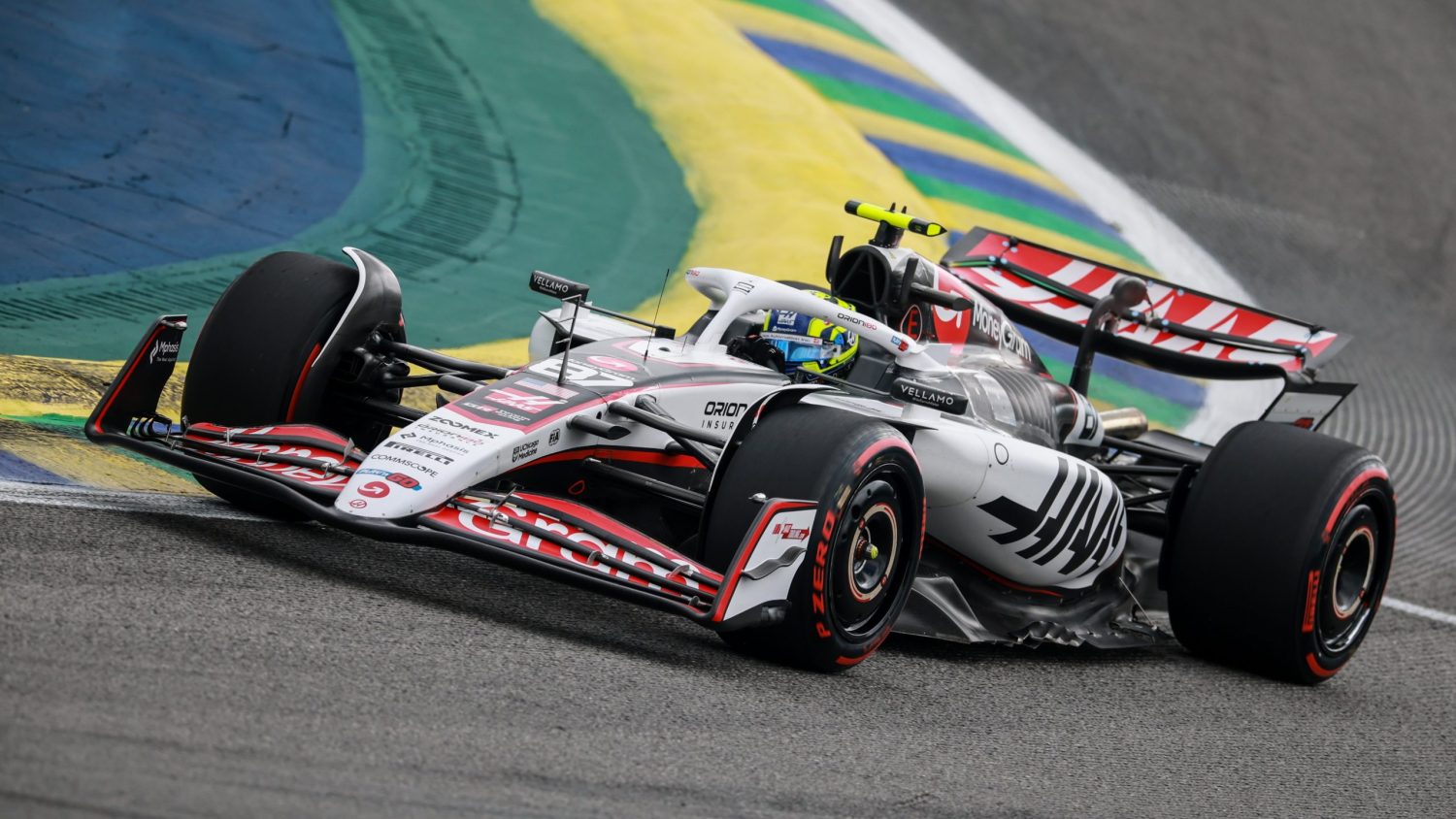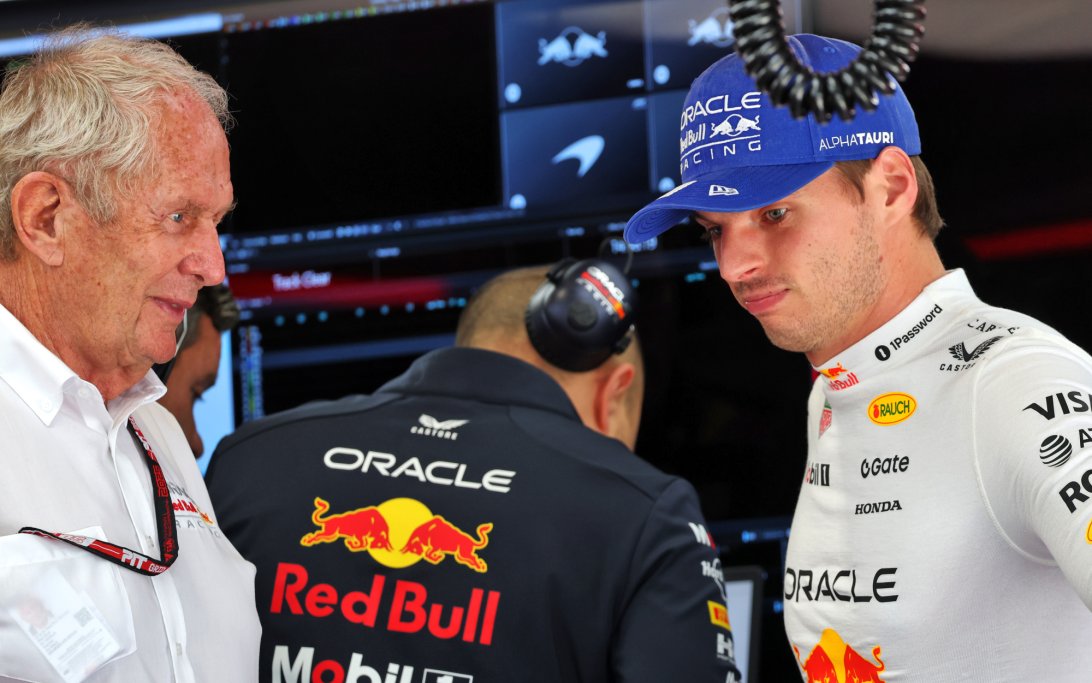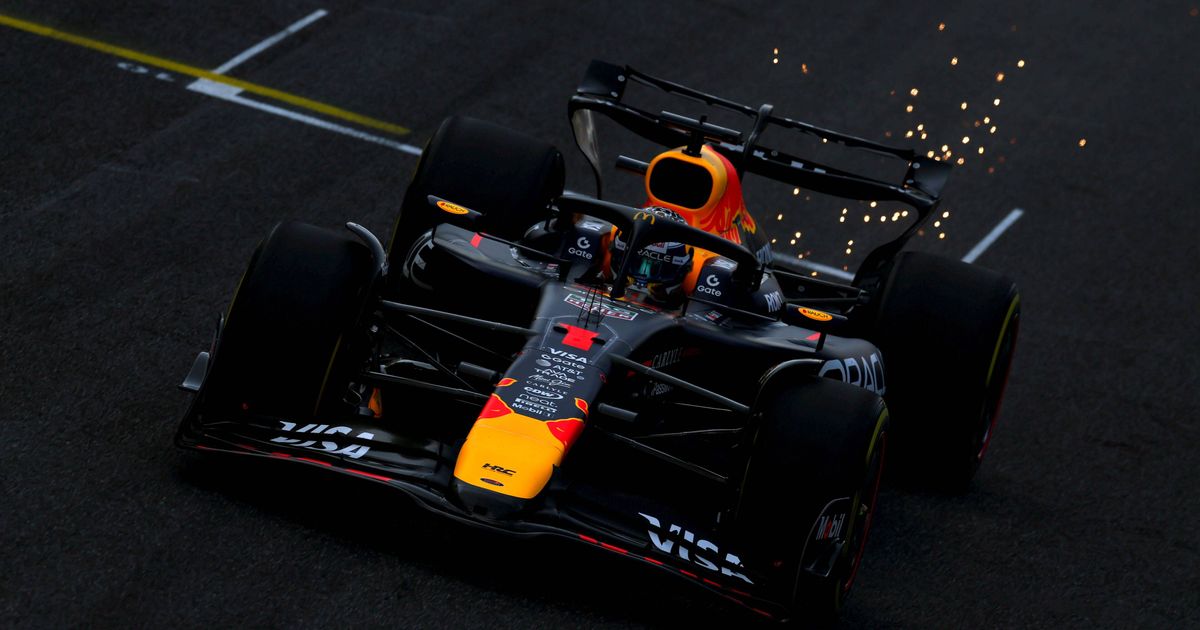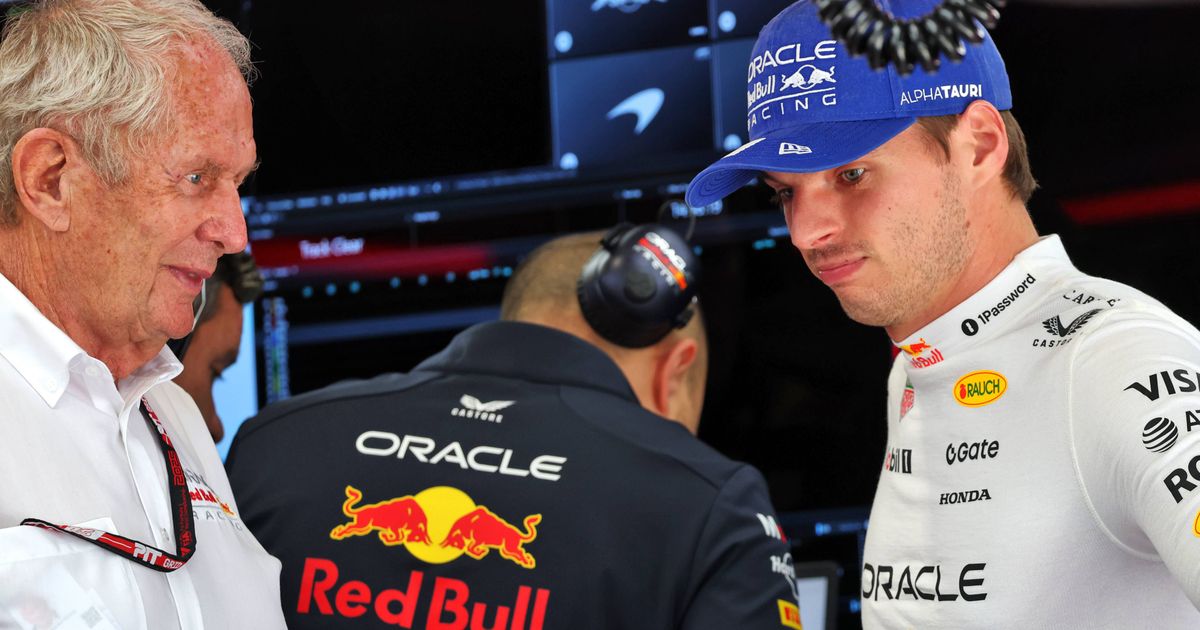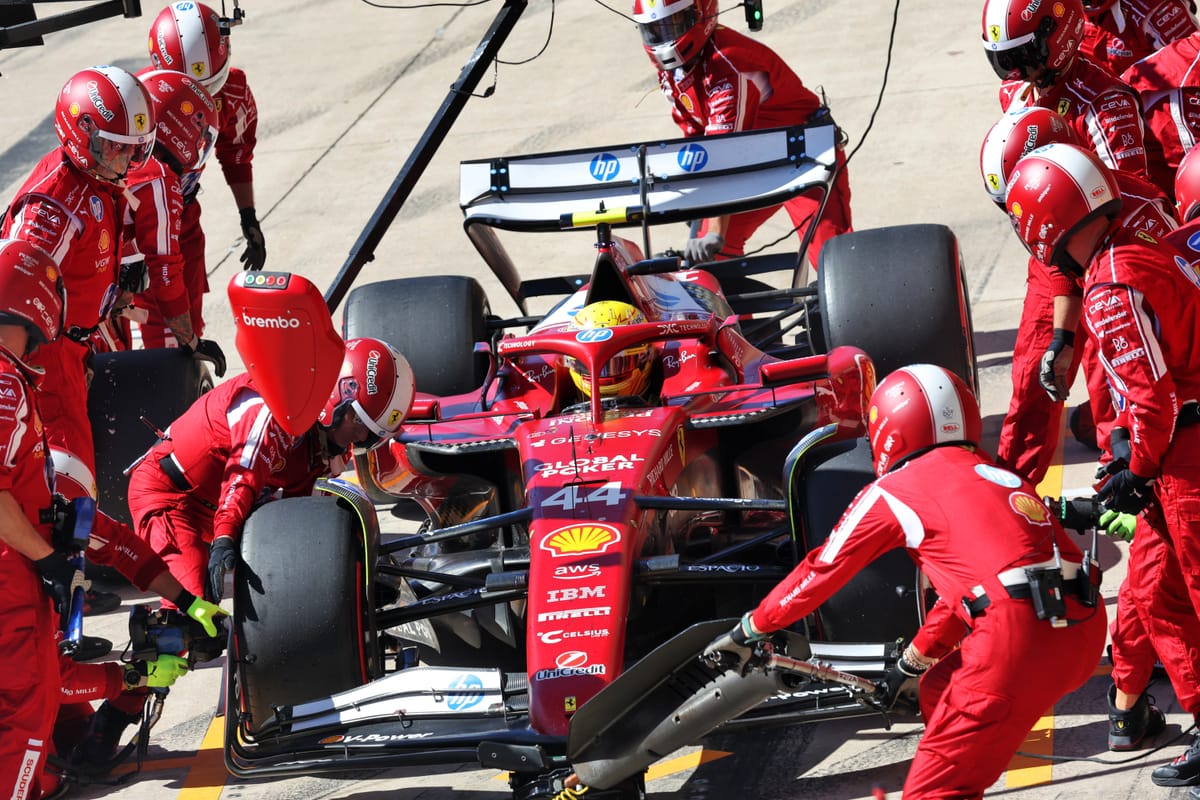
F1's Push for Two-Stop Races Could Backfire, Experts Warn
Formula 1 is considering mandating two-stop races, but senior paddock figures and Pirelli warn this could lead to less strategic variety and potentially worsen the on-track spectacle. The F1 Commission will discuss options like compulsory use of all three tire compounds, maximum stint lengths, or a minimum of two pit stops. However, teams and Pirelli argue that forcing two stops might make strategies too similar across the grid, eliminating the exciting variations seen in current races, such as those where one-stop and two-stop strategies compete directly. They suggest a more holistic approach, focusing on tire degradation, compound spacing, and improving overtaking, rather than prescriptive rules that could stifle creativity and strategic battles.
Why it matters:
Formula 1 aims to enhance entertainment by addressing the prevalence of one-stop races, which are often criticized for lacking strategic depth. However, the proposed solution of mandating two-stop races could inadvertently remove strategic variation, making races predictable and less exciting. This debate highlights a core tension in F1: how to balance technical innovation and sporting regulation to produce the best on-track product without over-engineering outcomes.
The details:
- F1 Commission Agenda: A forthcoming meeting will discuss introducing regulations to ensure two-stop races, aiming to move away from current one-stop dominance.
- Proposed Solutions: Options include making all three tire compounds mandatory, setting maximum stint lengths, or requiring a minimum of two pit stops per race.
- Pirelli's Stance: Pirelli chief engineer Simone Berra argues that more rules can lead to more similar strategies across teams, ultimately diminishing the show.
- He emphasized that forcing two stops would likely result in all teams adopting nearly identical strategies, reducing competitive variety.
- Team Resistance: Racing Bulls boss Alan Permane and Williams boss James Vowles agree that mandatory two-stops could be a backward step, eliminating the dynamic battles between drivers on different one-stop and two-stop strategies.
- Impact on Variation: Mandating two stops would eliminate the strategic gambles that have led to thrilling finishes, such as the fight between Lando Norris (one-stop) and Oscar Piastri (two-stop) at the Hungarian Grand Prix.
- It would also remove scenarios like Max Verstappen's diverse medium/soft strategy in Mexico, which contrasted with many competitors' two-stoppers.
Between the lines:
While two-stop races often offer more opportunities for excitement, the most engaging scenarios arise when teams employ diverse strategies. When a driver on a one-stop is chased by a faster car on a two-stop, it creates genuine tension. Forcing everyone into a two-stop scenario removes this strategic chess match. The underlying issue might not solely be tire strategy but also the difficulty of overtaking, which encourages cautious one-stop approaches to maintain track position.
What's next:
Experts suggest that F1 should prioritize improving tire degradation and the spacing between compounds to naturally encourage varied strategies. McLaren team principal Andrea Stella advises prudence, urging F1 to observe the impact of the 2026 rule changes before implementing new tire regulations.
- 2026 Rule Impact: The new regulations for 2026 cars, which might make overtaking easier and introduce higher-degrading tires, could naturally lead to more two-stop races without explicit mandates.
- Holistic Approach: Pirelli's Berra suggests focusing on increasing the delta lap time between tire compounds. This would create a clearer performance difference, naturally generating more diverse and exciting strategy choices, which is ultimately what F1 aims to achieve.
Original Article :https://www.the-race.com/formula-1/why-f1-forcing-two-stop-races-risks-making-th...


